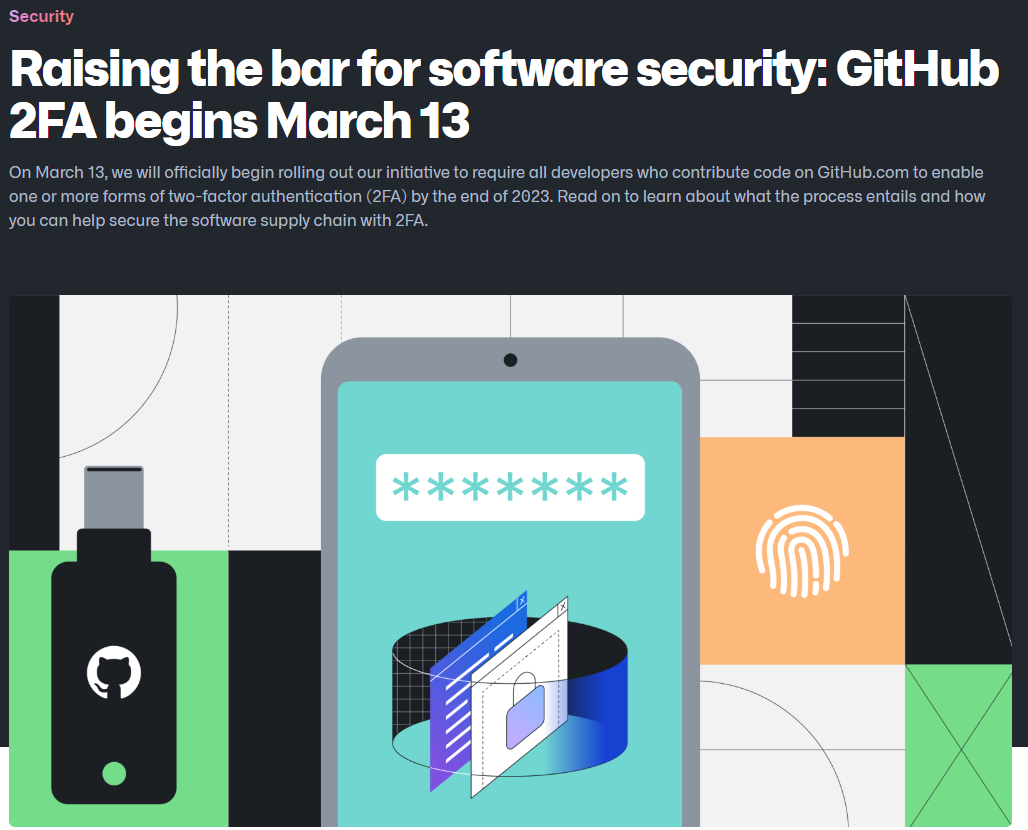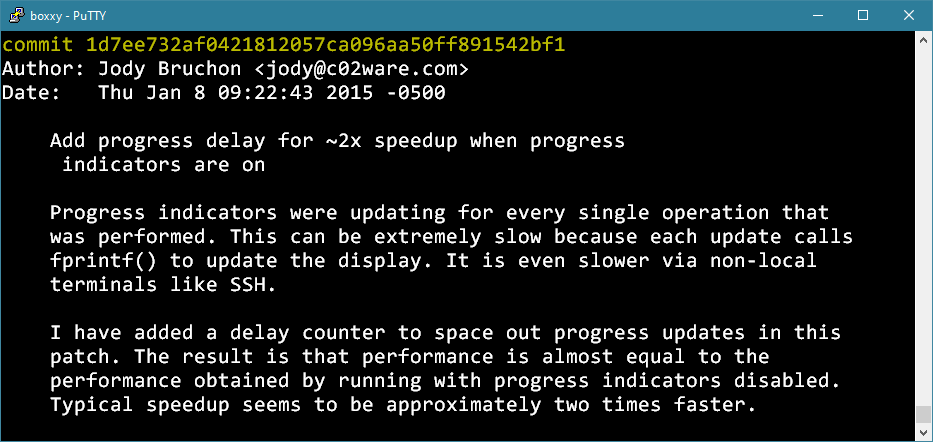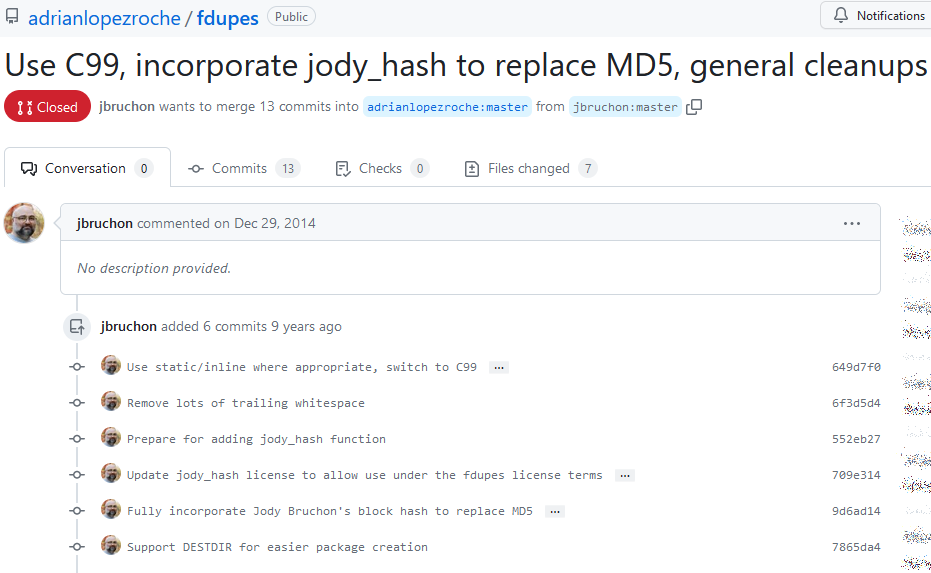News: GitHub is OUT, Codeberg is IN
No more forced 2FA
jdupes, libjodycode, and all of my other software projects are migrating to Codeberg immediately.
Codeberg is not ideal due to the presence of rules lawyering-prone language in the “Allowed Content & Usage” section of the Terms of Service, but they are a major improvement over GitHub because they don’t force 2FA and they aren’t run by Microsoft. The GitHub AUP has abusive language similar to the Codeberg TOS so the ideological toxicity of this new overlord is no different than that of the old one. If any issues ever arise I’ll just fire up my own Git server and give all the overlords the finger.
Killing GitHub through attrition
Once migration is complete, I’ll be locking the GitHub repos as read-only forever, though I am inclined to delete them outright since the only power people have over giant corporations is no longer feeding them your time, money, content, and other resources. That’s why I destroyed my several years of contributions to Reddit. It’s more convenient to use the offerings of these companies, but using them results in horrible abuses of the users and stifling of freedoms in the long run.






